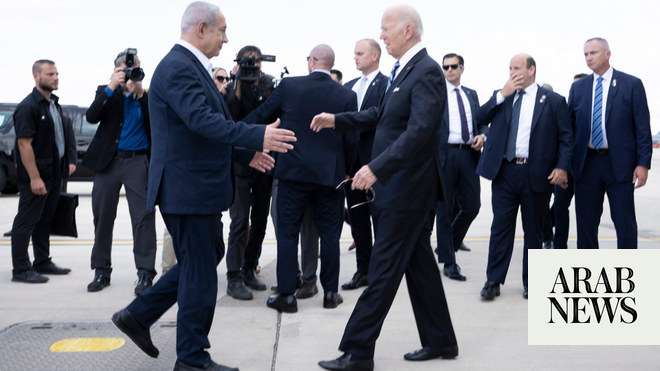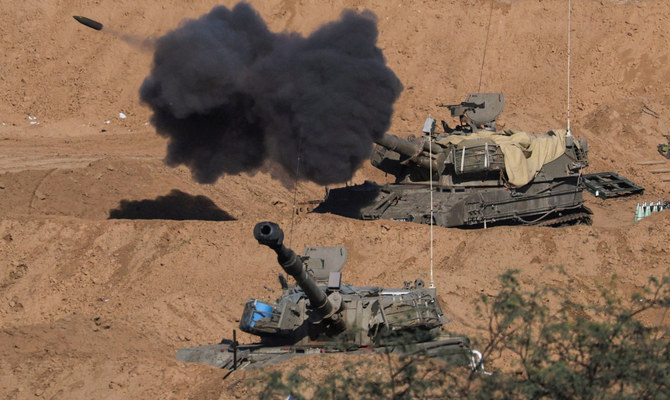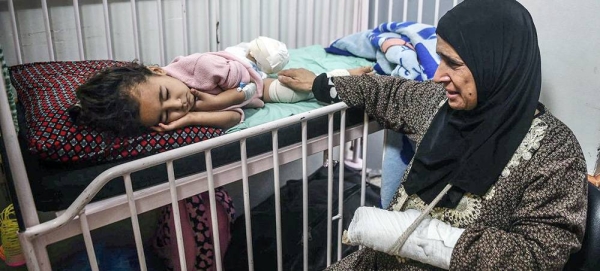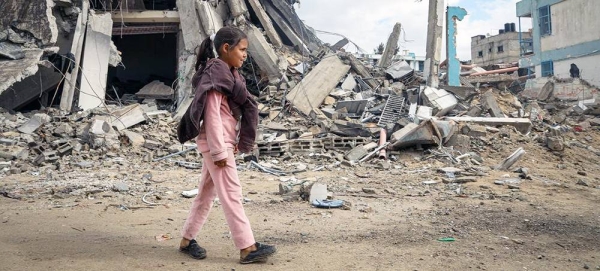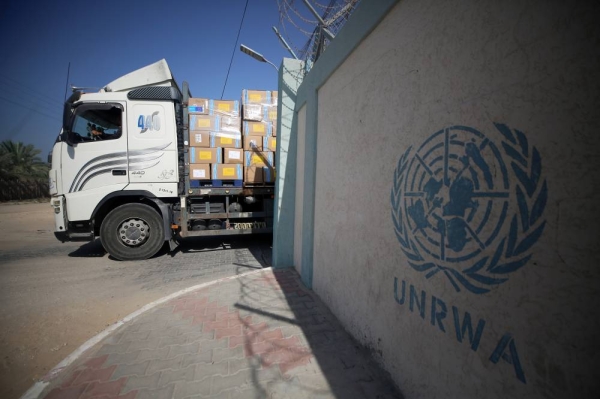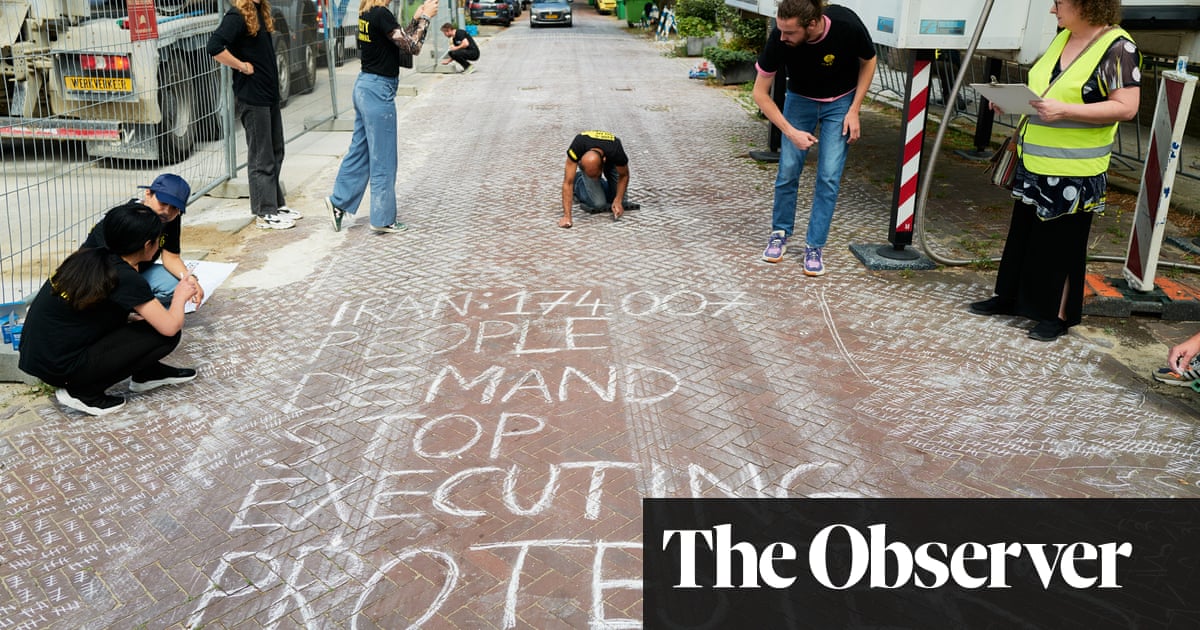
The Iranian regime has executed more than 127 people, including women and children, since the Hamas attacks of 7 October, according to human rights groups.
According to data collected by Iran Human Rights (IHR) and the Norway-based organisation Hengaw, which have been cross-referenced by the Observer, there has been an alarming rise in executions since the beginning of the war between Israel and Hamas.
A third group, Human Rights Activists in Iran (HRA), confirmed that there has been a significant increase in executions since the 7 October attacks, stating that on Wednesday last week, the regime executed seven people within a 24-hour period.
Human rights activists and the families of those put to death have accused the regime of using the world’s preoccupation with war in Gaza as a cover to exact revenge on dissidents and put people to death without due judicial process.
“Since the start of the war, there has been little international focus on the human rights situation in Iran, and there has been no substantial response to the significant increase in executions,” said Mahmood Amiry-Moghaddam, the director of IHR, who added that his organisation has recorded double the number of executions in October and November compared with August and September.
Those who have been put to death in the last two months include a child, 17-year-old Hamidreza Azari, whose death was labelled “deplorable” by the UN last week.
IHR claims that Azari was executed for murder at Sabzevar prison after giving a “forced confession”, and that state media falsely gave his age as 18 when reporting his death.
Iran has also executed 22-year-old Milad Zohrevand, the eighth protester linked to the Women, Life, Freedom movement to face the death penalty for participating in the nationwide anti-regime protests that erupted across Iran last year following the death of Mahsa Amini, a Kurdish woman who died while in police custody after allegedly being arrested for breaching Iran’s strict dress code.
The UN also condemned Zohrevand’s execution, saying that “available information indicates that his trial lacked the basic requirements for due process under international human rights law” and that it was “troubled” by reports that Zohrevand’s parents were arrested following his execution.
The Iranian government has not responded to a request asking it to confirm the numbers of executions it has carried out since 7 October and it does not publish official statistics on how many people are put to death in the country.
In October, the UN condemned the Iranian regime for carrying out executions at an “alarming rate”. It said, according to its data, at least 419 people were put to death between January and July this year, which constitutes a 30% increase compared with the same time period in 2022.
But Iranian human rights groups now say that the surge of executions over the past two months has pushed the total number of death sentences carried out by the regime since the beginning of 2023 to more than 700. Civil rights activists inside the country say the executions come at a time of sustained and brutal repression by the Iranian authorities determined to re-establish their authority after months of protests and unrest.
“We face increasing restrictions due to the dozens of morality police on the streets, and we face harassment or arrests if we even share the news of executions or killings on social media. They are using the silence of the international community to avenge our calls for freedom,” said one political activist inside Iran, who said they have already been detained multiple times.
The regime has faced allegations that it is carrying out death sentences in secret, without informing family members and without giving those facing execution access to legal representation.
The family of 27-year-old Hossein Ali Dil Baluch, who was handed the death penalty for drug offences, say he had reportedly had his sentence reduced due to lack of evidence before he was suddenly executed in secret at Birjand central prison on 19 October. His family say they were not told in advance and did not have the chance to see him before he died.
“In the majority of these cases, at least 95%, the defendants lacked legal representation and didn’t have a lawyer to support them,” said Moein Khazaeli, a human rights lawyer at Dadban, a centre for counselling and legal education of activists.
“In most of the cases in the hands of the revolutionary court, the defendants didn’t even have access to the case files and didn’t even know what the accusations were.”
Activists and protesters who spoke to the Observer said the repression of those critical of the regime and those belonging to minority groups also continues to rise in Sistan-Baluchistan, Kurdish regions and among the Baha’i community.
Since the beginning of October, 38 Baha’i citizens have been collectively sentenced to more than 133 years of imprisonment by judicial authorities, according to human rights groups. The Baha’i community constitutes Iran’s largest non-Muslim minority and has been subjected to mass arrests, abductions and long-term imprisonment.
Human rights activists also say that in recent weeks the regime has been carrying out executions of prisoners who have been detained for years, sometimes decades, as their cases move through the judicial system.
Meysam Chandani was 22 when he was arrested in Sistan-Baluchistan province by the Islamic Republic’s intelligence forces in Saravan in 2011 and charged with “waging war against god”. Activists claim that for years Chandani faced torture and was refused medical help before his death on 11 November.
Many of those put to death in recent weeks had been charged with drug-related offences.
On 15 November, Zarkhaton Mazarzehi, 46, who was a mother and grandmother, was put to death after being charged with drug-related offences. A relative said she was a widow and supporting her whole family when she was arrested, and that after she was charged she was not given access to a lawyer and denied the charges.
“Zarkhaton did not surrender to the pressure [to confess],” they said. “The world shouldn’t doubt that the executions in Baluchistan have increased and will continue to increase in order to create terror among the people.”
The Baluch minority, most of whom are Sunni Muslims, have been disproportionately targeted, accounting for nearly one-third of all executions. The vast majority of Iran’s Muslims are Shia.
In the past few months, there has also been a wave of arrests of dissidents and lengthy sentences handed down to anti-regime protesters.
In November, Mahsa Yazdani, whose son was reportedly killed after being shot by security forces during an anti-regime protest in 2022, was sentenced to 13 years in prison after she demanded justice for her child on social media.
At the end of October, Iranian authorities also arrested Nasrin Sotoudeh, a prominent lawyer and human rights defender, as she attended the funeral of a teenage girl who died after a disputed metro incident with a member of Iran’s morality police.





